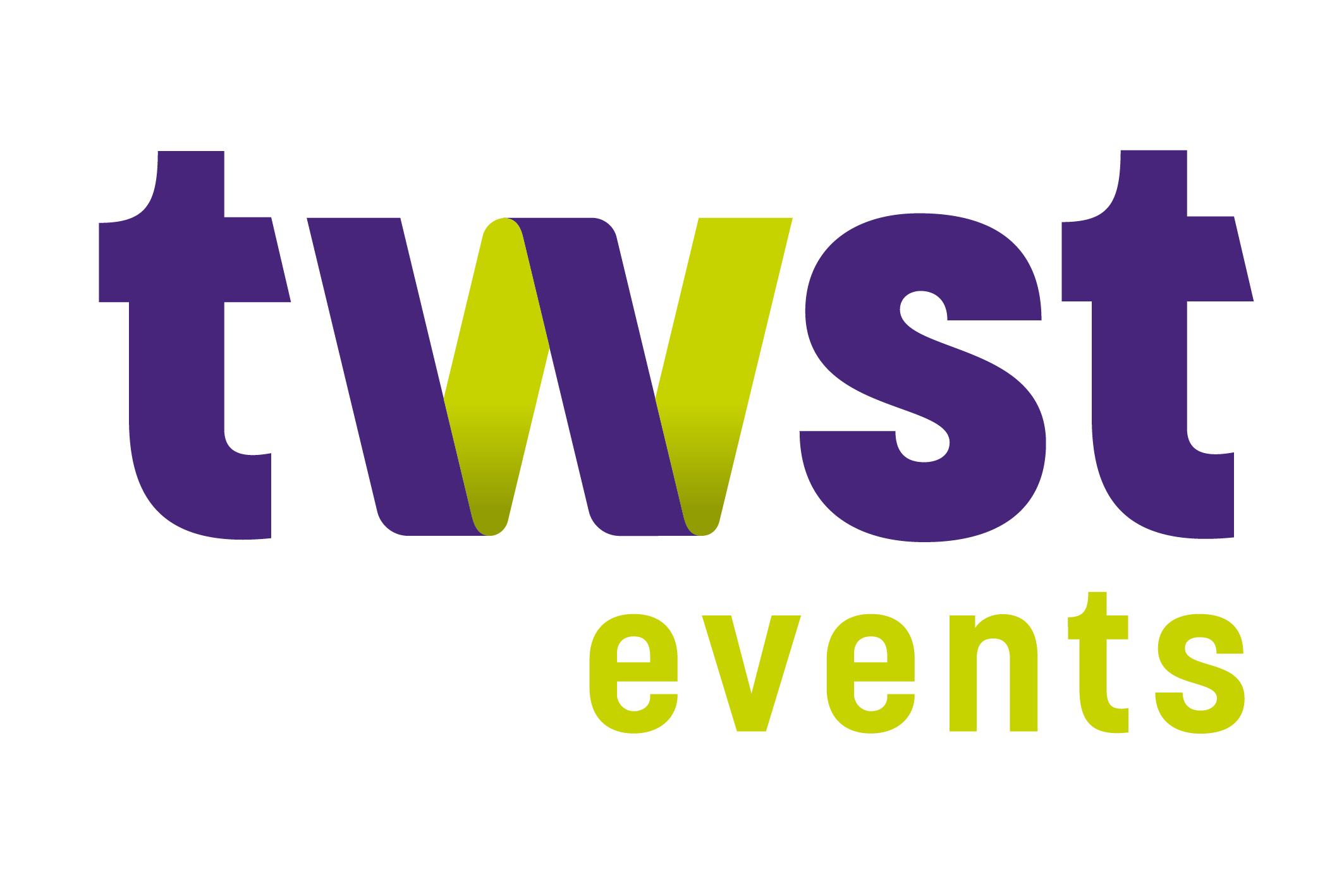In our previous blogs, we explored various models for structuring 1x1 meetings, from anonymous requests and manual scheduling to automated matchmaking. Today, we'll delve into a unique approach: Table Talks.
How Does it Work?
- Self-Nominated Topics: Attendees and vendors suggest topics they're passionate about or have expertise in.
- Open Registration: Participants can sign up for Table Talks that interest them, creating dynamic discussions.
- Facilitated Discussions: Each Table Talk is led by a knowledgeable individual who guides the conversation and ensures everyone participates.
Benefits of Table Talks
- Open Dialogue: Table Talks foster open and collaborative discussions, allowing attendees to share ideas and experiences.
- Knowledge Sharing: Participants can learn from experts and peers, gaining valuable insights and perspectives.
- Community Building: This format encourages a sense of community and facilitates networking opportunities.
- User Generated Content: Have attendees help build your program, that you can then market to prospective attendees.
Ideal Use Cases
- Professional Conferences: Table Talks are ideal for conferences attended by professionals in fields like law, consulting, or business.
- Industry-Specific Events: This format can be used to explore emerging trends, discuss best practices, and share industry insights.
- Peer-to-Peer Learning: Table Talks provide an excellent platform for knowledge sharing and peer-to-peer learning.
By incorporating Table Talks into your event, you can create a more engaging and collaborative experience for your attendees. This format empowers participants to take the initiative, shaping the agenda and driving the conversation.
Through exploring various models for 1x1 meetings, from anonymous requests and manual scheduling to automated matchmaking and Table Talks, we've gained valuable insights into the art of creating effective networking opportunities. To dive deeper into these strategies and learn more about how to optimize your 1x1 meetings, download our comprehensive ebook, "Best Practices for 1x1 Meeting Programs."





